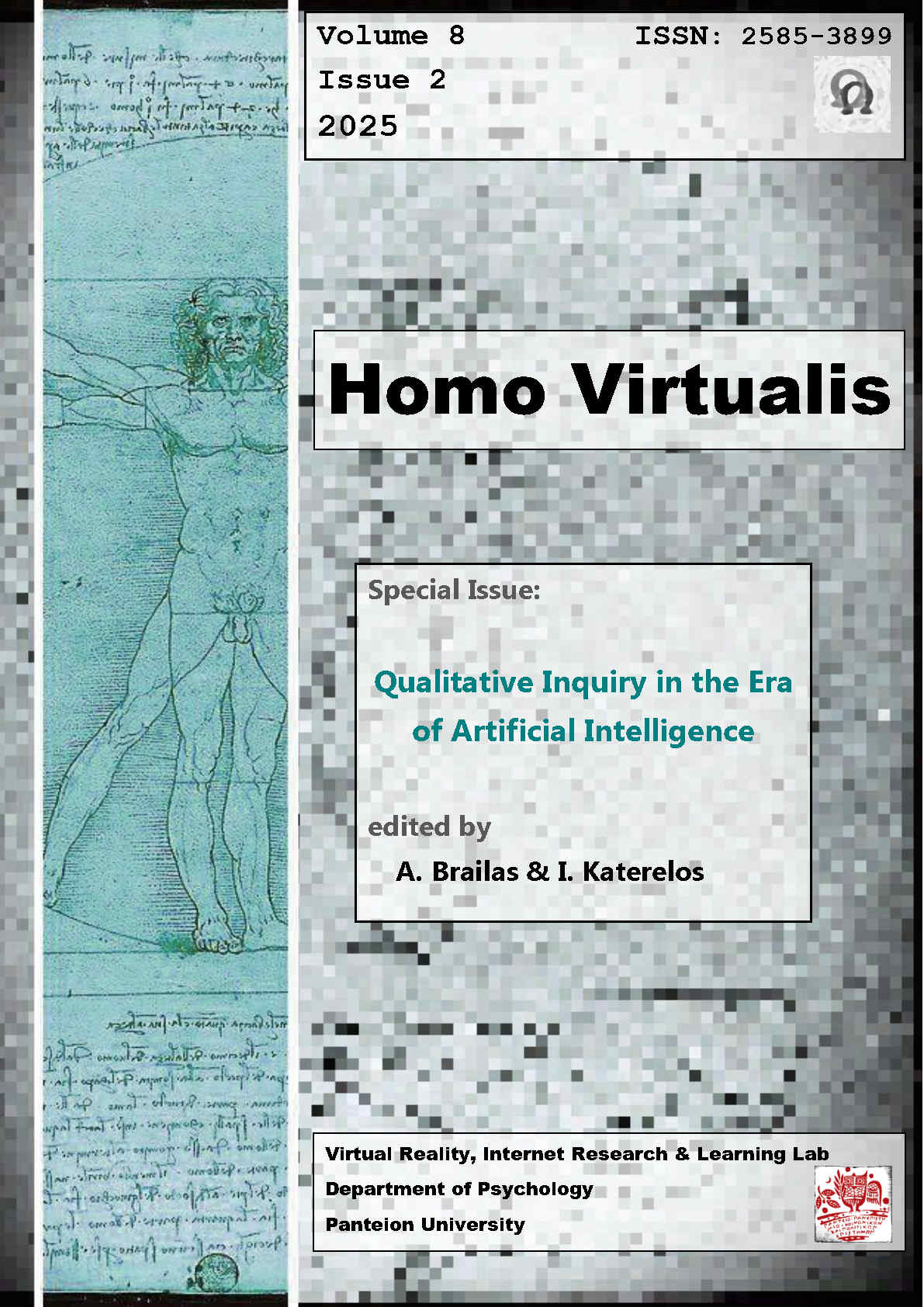Life dreams, appreciative inquiry and empowerment: A study of creative and narrative approaches among university students

Abstract
This study explores the relationship between university students and their life dreams through a qualitative, creative, and narrative research framework. Based on Appreciative Inquiry and a multimodal approach, the research combines semi-structured individual interviews with techniques such as drawing and photo-production. These methods allowed participants to express their dreams in multidimensional ways and reflect on their personal growth, identity, and aspirations. The findings highlight the interplay between self-awareness, self-esteem, and the challenges faced by young individuals in academic environments. Empowerment emerges through supportive networks and affirming experiences, while life dreams are framed as acts of resistance to societal and familial pressures. A recurring theme is the refusal to compromise, which participants embrace as a life philosophy. Through the combination of verbal and non-verbal data, this study aims to bring to light the richness of university-student experiences, emphasizing the role of creative expression in constructing meaningful life narratives. It invites dialogue about how psychology and the social sciences can support youth empowerment by cultivating spaces of appreciation, possibility, and authenticity.
Article Details
- How to Cite
-
Kouroukouni, A. (2025). Life dreams, appreciative inquiry and empowerment: A study of creative and narrative approaches among university students. Homo Virtualis, 8(2), 90–111. https://doi.org/10.12681/homvir.43488
- Section
- Articles

This work is licensed under a Creative Commons Attribution 4.0 International License.
Authors who publish with this journal agree to the following terms:
· Authors retain copyright and grant the journal right of first publication with the work simultaneously licensed under a Creative Commons Attribution License that allows others to share the work with an acknowledgement of the work's authorship and initial publication in this journal.
· Authors are able to enter into separate, additional contractual arrangements for the non-exclusive distribution of the journal's published version of the work (e.g. post it to an institutional repository or publish it in a book), with an acknowledgement of its initial publication in this journal.
· Authors are permitted and encouraged to post their work online (preferably in institutional repositories or on their website) prior to and during the submission process, as it can lead to productive exchanges, as well as earlier and greater citation of published work.


